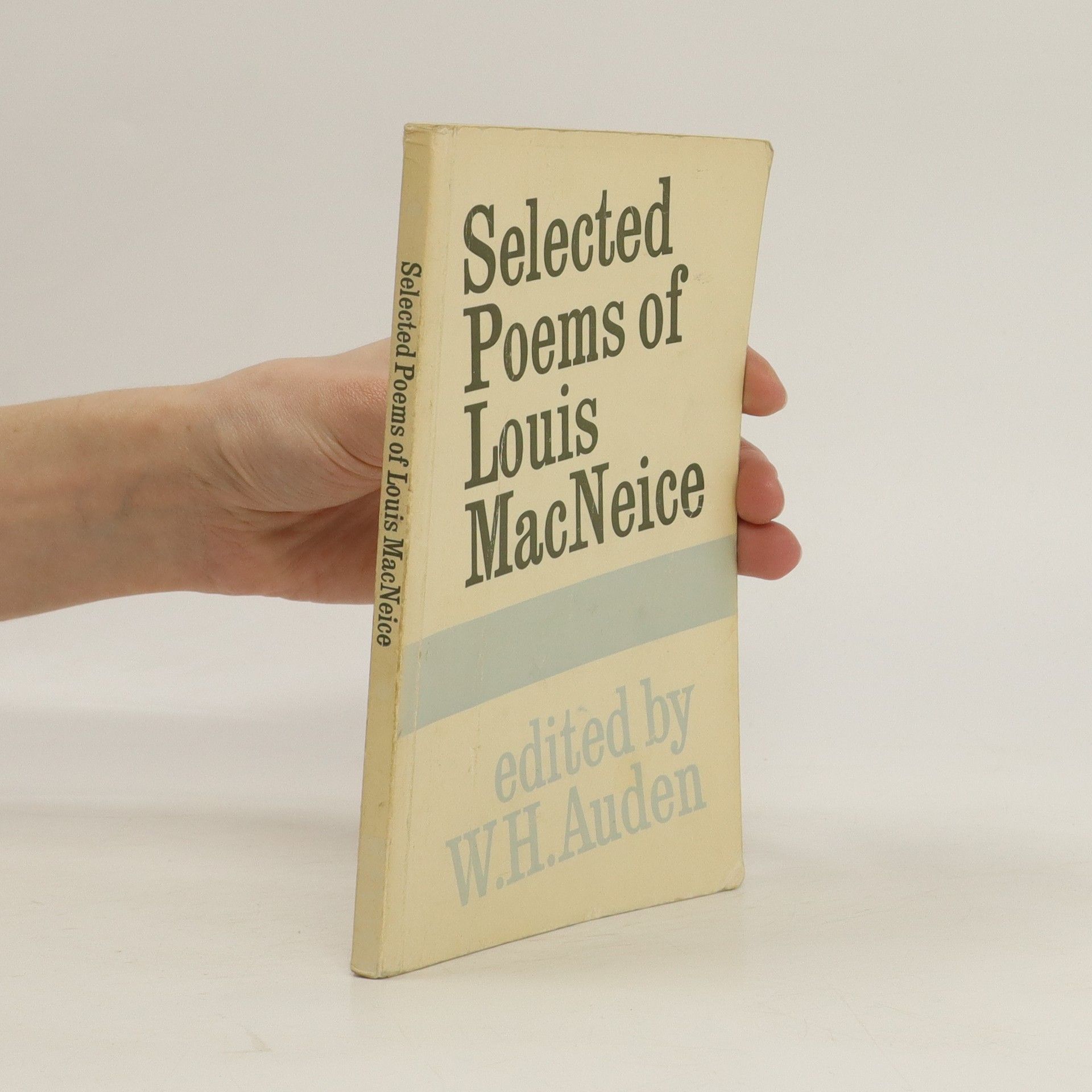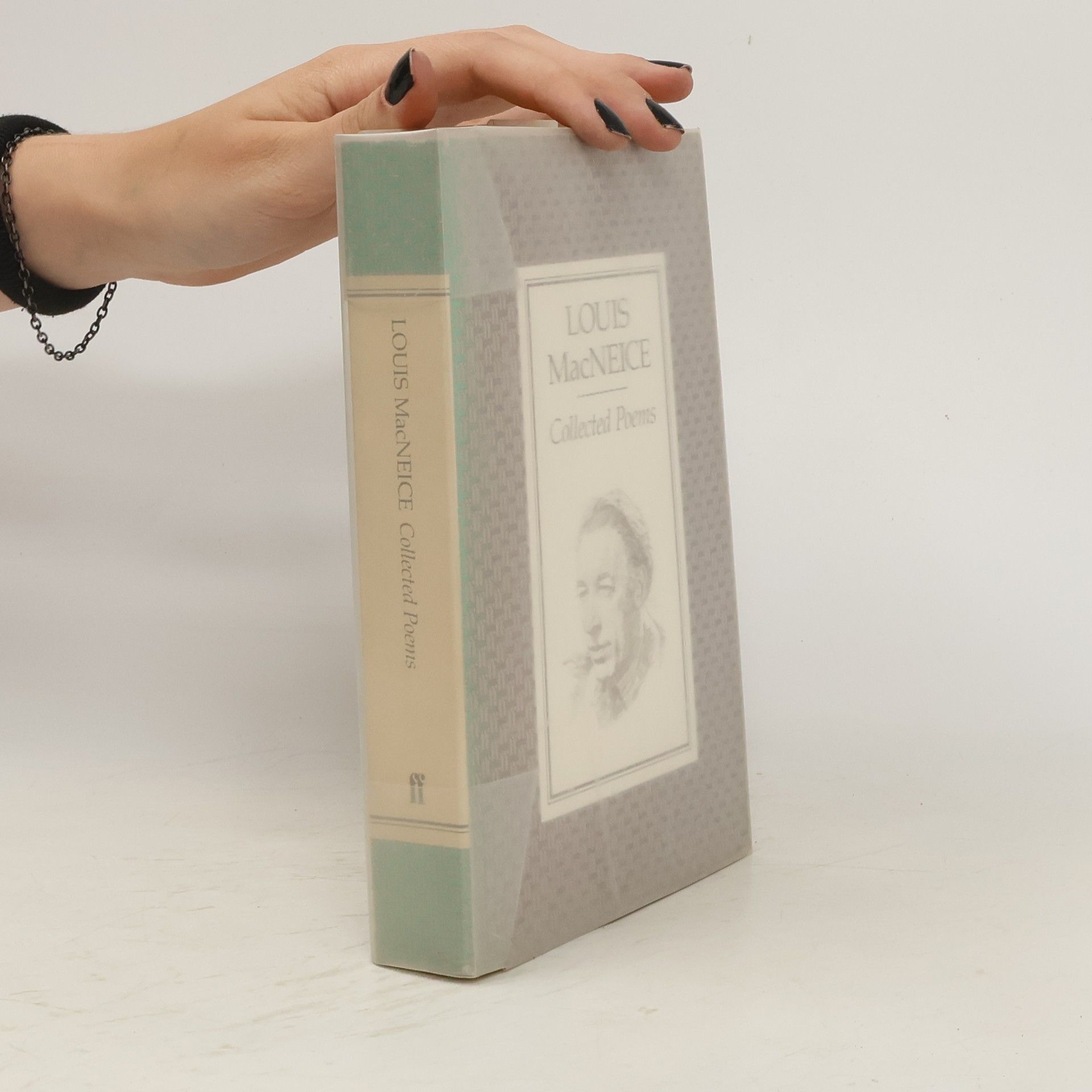The Penny That Rolled Away
- 50 pages
- 2 hours of reading
A key voice among the "thirties poets," this author cultivated a style that was both relaxed and deeply attuned to social and emotional currents. His writing navigates political landscapes with a humane sensibility, offering a thoughtful opposition to totalitarianism without overt simplicity. He frequently returned to his Irish roots, infusing his work with a unique perspective shaped by this heritage. Readers appreciated his socially conscious yet emotionally resonant poetry, which achieved considerable public acclaim during his lifetime.






Here is a juxtaposition of the personal and inter-communal dynamics focussed on the West African experience during the pivotal decade of the 1960s, when National Independence demanded a reflexion on the definition of the new states, and how external factors have borne heavily upon their past, present and future. The author blends his experience of study and travel in the region, acknowledging his debt to the pioneering spirit of the School of Oriental and African Studies who facilitated the enterprise, with an analysis of the challenges the new entities have faced, and how they have fared, nationally and globally, in the light of Slavery, Colonialism and Black Lives Matter.
John Berryman was an energetic correspondent. Assembled here for the first time, his letters tell of generosity, ambition, and struggle. He has encouraging words for fellow poets and younger writers and is deeply engaged in literary culture. But also visible are the struggles of a working artist grappling with alcoholism and depression.
Written between August and December 1938, Autumn Journal is still considered one of the most valuable and moving testaments of living through the thirties by a young writer.
Faber are pleased to announce the relaunch of the poetry list - starting in Spring 2001 and continuing, with publication dates each month, for the rest of the year. This will involve a new jacket design recalling the typographic virtues of the classic Faber poetry covers, connecting the backlist and the new titles within a single embracing cover solution. A major reissue program is scheduled, to include classic individual collections from each decade, some of which have long been unavailable: Wallace Stevens's Harmonium and Ezra Pound's Personae from the 1920s; W.H. Auden's Poems (1930); Robert Lowell's Life Studies from the 1950s; John Berryman's 77 Dream Songs and Philip Larkin's The Whitsun Weddings from the 1960s; Ted Hughes's Gaudete and Seamus Heaney's Field Work from the 1970s; Michael Hofmann's Acrimony and Douglas Dunn's Elegies from the 1980s. Timed to celebrate publication of Seamus Heaney's new collection, Electric Light, the relaunch is intended to re-emphasize the predominance of Faber Poetry, and to celebrate a series which has played a shaping role in the history of modern poetry since its inception in the 1920s.
In the summer of 1936, W H Auden and Louis MacNeice visited Iceland on commission to write a travel book, but found themselves capturing concerns on a scale that were far more international. This is a collaboration in poetry and prose, reportage and correspondence, published in 1937 with the Spanish Civil War newly in progress.
This volume brings together all of Berryman's poetry, except for his epic The Dream Songs, ranging from his earliest unpublished poem (1934) to those written in the last months of his life (1972). A definitive edition of one of America's most distinguished poets.
Book by MacNeice, Louise